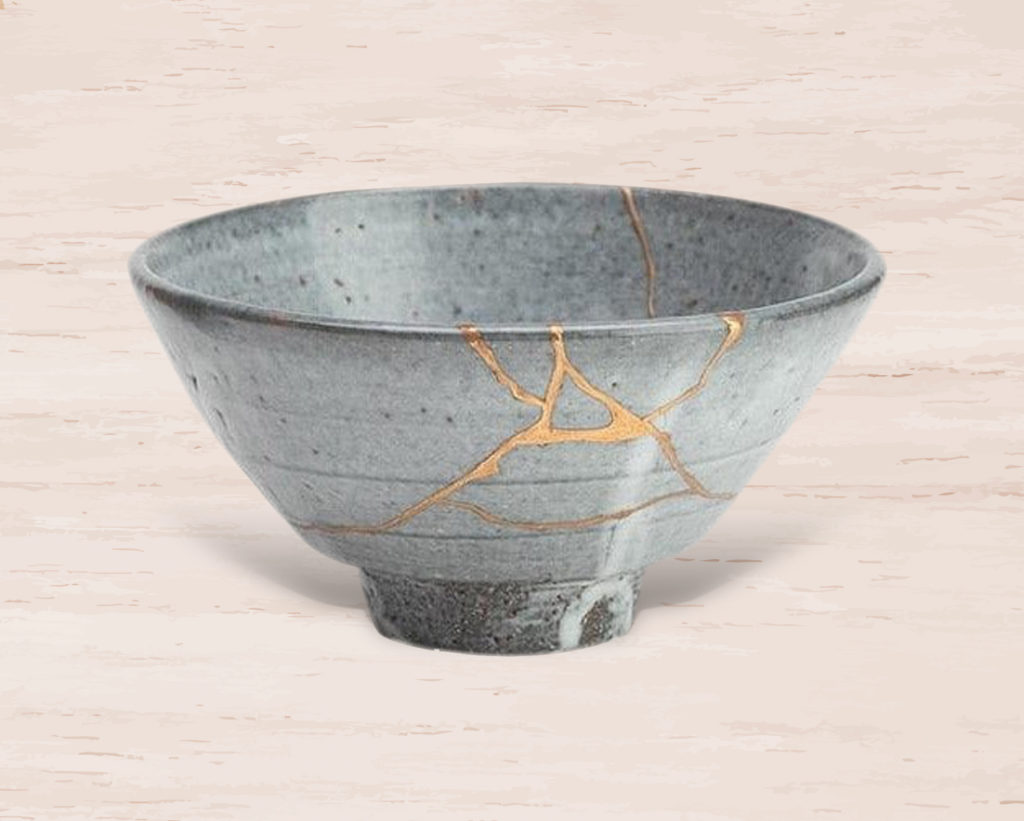It’s highly likely you chose SCBC because you want your children to be happy at school. I believe a key purpose of education (informal and formal) is to help teach children how to enjoy their life. Joy is commonly described as a feeling of pleasure and happiness.
Within our school family, I’m mindful that some within our community are experiencing incoming tides of pleasant feelings of happiness because life is good at the moment. At the same time, ourselves or others may be experiencing the sudden onset of pain related tragedy, and circumstantial unpleasantness. In my last newsletter, I shared with you a ‘Satisfaction with Life Scale’. I’m sure the score varies according to circumstances at the time. The opening line of Charles Dicken’s ‘A Tale of Two Cities’ reads:
“It was the best of times, it was the worst of times,
it was the age of wisdom, it was the age of foolishness,
it was the epoch of belief, it was the epoch of incredulity,
it was the season of Light, is was the season of Darkness,
it was the spring of hope, it was the winter of despair.”
We want to help teach our children how to experience happiness, in all seasons and circumstances. Of course, we have to ask what we mean by ‘happy’.
Keeping in mind good and bad times, I was drawn to the experiences of a positive psychologist (Dr Paul Wong) who experienced an episode of great pain that resulted in him being hospitalised. Confined to a hospital bed suffering pain and discomfort he reflects:
“While alone, surrounded by darkness, anxiety and fear, I have discovered a spiritual or transcendent kind of good life, based upon the wisdom of understanding the finitude (i.e. limits) of life, the humility of letting go, the spirit of repentance and forgiveness, the attitude of loving kindness to all, and bearing the fruit of righteousness.” During another episode of unexpected, pain-related hospitalisation Dr Wong reflects: “Happiness in a noxious world is predicated on the human capacity to transcend and transform negative experiences through meaning and faith.”
As a Christian, Dr Wong draws his reference of a ‘good life’ from the Bible, James 3:13 – 17
13 Who is wise and understanding among you? Let them show it by their good life, by deeds done in the humility that comes from wisdom. 14 But if you harbor bitter envy and selfish ambition in your hearts, do not boast about it or deny the truth.15 Such “wisdom” does not come down from heaven but is earthly, unspiritual, demonic. 16 For where you have envy and selfish ambition, there you find disorder and every evil practice.17 But the wisdom that comes from heaven is first of all pure; then peace-loving, considerate, submissive, full of mercy and good fruit, impartial and sincere.
In an article about wellbeing in difficult times, Dr Paul Wong makes reference to John Schumaker’s (2007) ‘10 keys of happiness’, capturing the spiritual and relational aspects of happiness:
· Achieving something useful and challenging by doing what one does best;
· Living in harmonious relationship with others and being accepted as a significant group member;
· Enjoying intimate relationships with family and friends;
· Helping others and taking part in something that transcends self-interest;
· Accepting the limitations and realities imposed by life and nature;
· Embracing religion and spirituality as a significant aspect of life;
· Treating each other with fairness and justice;
· Enjoying the gifts of nature in everyday life;
· Learning new things so that we can grow continually; and
· Appreciating each moment of life.
Within Wong’s article about happiness in times of suffering, he states: “As long as the capacity for evil is a part of human nature, as long as self-centred ignorance and greed holds sway, there will always be human struggles and suffering. However, we believe that if we pursue mature happiness as a result of life education or spiritual awakening, and if we embrace the dark side of life and cultivate compassion, goodwill will prevail over evil, and love will overcome hate.”
We want to help teach your children to be happy, in all seasons; the good and the bad. I believe enduring happiness is ‘knowing God’. Of course, it invites the question: “How can we know God?”
I conclude with a reflection on the Japanese art culture of ‘kintsugi’ (golden joinery). They value things that have been through different seasons. To repair broken pottery, powdered gold is mixed with a special lacquer. The effect is to create increased value and attractiveness to the area that was originally thought to be broken.

At SCBC, happiness is thought to be more than just positive emotions, positive character traits, and enabling educational cleverness. It is about developing skills and insights that promote a deep sense of meaning, with the capacity to transform negative experiences into empowering positive understandings. We believe knowing God is the answer for discovering and experiencing enduring happiness.
Blessings to you and your family,
Des Mitchell
PRINCIPAL
